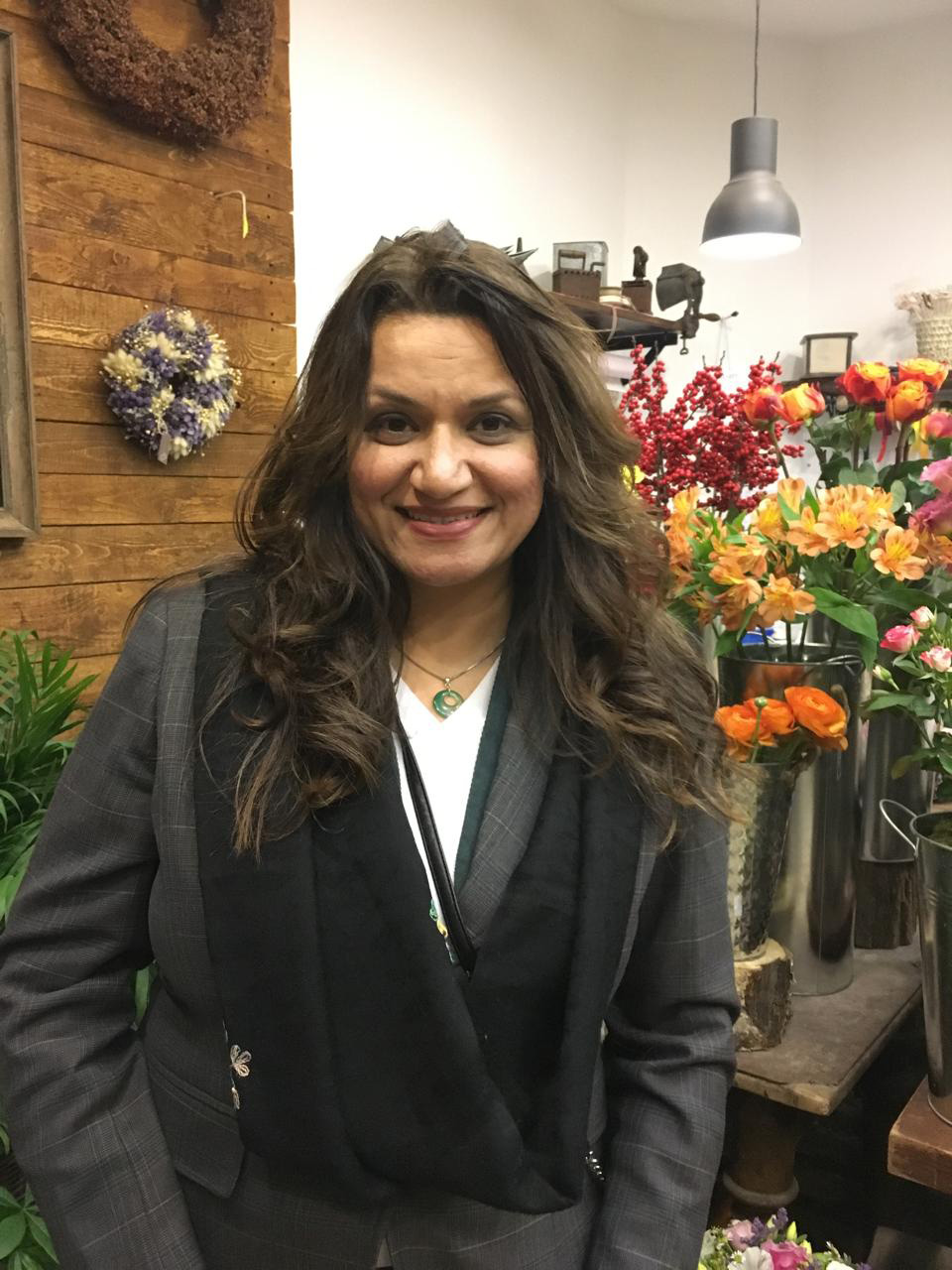Episode 6
 Dr Sahar Maklad
Dr Sahar Maklad
Regional Staff doctor, WHO Eastern Mediterranean RegionI lead the medical team responsible for staff health and well-being across the WHO Eastern Mediterranean Region. Joining the WHO Regional Office for the Eastern Mediterranean in 2016 marked a new chapter in my journey of humanitarian work. Today, this spans more than 2 decades of diverse medical and occupational health practice.
The Eastern Mediterranean Region is host to a tapestry of challenges, from armed conflicts to natural disasters, with significant disparities in health systems. Depending on the capacities and resources available, an easily accessible and simple medical procedure in one country can be particularly challenging and complex in another. The diversity of health services available to staff across the Region has greatly contributed to my personal and professional awareness of the importance of WHO’s mission.
As a humanitarian worker who deals with other people’s pain, you are learning every day. My interactions and experiences in my work, both at the Regional Office and country offices, have given me a lot more patience and compassion and have deepened my listening skills. I have acquired a greater understanding of the wide range of human experiences and of unprecedented situations.
It has also been very useful to connect with health providers across the Region. During my country missions, I visit hospitals, clinics and private health facilities to assess the availability of credible, reliable health services. This experience gave me the opportunity to create, in 2020, a regional network of health providers that serves as a referral system for staff.
When everything came to a sudden standstill during the COVID-19 emergency, I started a telemedicine clinic, giving online consultations to staff members. I was then able to establish this network, which I consider one of my main achievements. There were times when I was on the phone giving medical advice to a colleague’s family member, and I would refer them to one of the trusted health professionals in my network. It gave me immense satisfaction that I could direct them to better support and care at the time that health services were extremely curtailed.
Some of my toughest experiences as a doctor are when I am referred a patient at an extremely advanced stage of their illness, when nothing more can be done. It’s very painful for a doctor to realize that in the end, we have limitations. That is why I always advocate very much for health promotion, for screenings and for periodic check-ups.
In Sudan, when the conflict broke out in April 2023, the situation was very critical, and our staff were trapped inside the country as the violence escalated. Some of the most difficult nights I’ve had in several years were those when a bus carrying several staff members was moving from Khartoum, out of the intense conflict zone, to various destinations.
It was a unique situation where one realizes how resilient our staff can be, even in the toughest times, and how much the United Nations humanitarian career has united them and influenced their reactions. Their strength, high spirits and dedication were remarkable. I was constantly in touch to make sure they were safe and well throughout the journey, and they were sharing photos of the desert, of the dawn, of the sunset. That day I felt very grateful for the technology that let us maintain communication.
And of course, another challenge today is the crisis in the occupied Palestinian territory, and the consequences of ongoing conflicts on the health of colleagues, given scarcity of basic health services, lack of adequate security measures, and difficulties with medical evacuations.
I find comfort when I am nurturing my plants. This is my father’s gift to me. When I was a child, he would bring me plants and I would take care of them. Now, when work gets too hectic or I feel stressed, I spend time with my plants, and I can feel my mood and spirit instantly uplifted.
At times, I see staff members who do not take care of their physical or mental health and well-being while facing life- or work-related challenges. We need to try to hit an acceptable life-work balance and take care of ourselves to enable us to take care of others.
My message to everyone reading this is that if you are tired or overwhelmed, please raise your hand and say, “I need to rest” or “I need help.” Don’t hesitate to ask for help. We will always be available to support whenever needed. Remember that it’s always okay to ask for support.
Related links
Episode 1
Episode 2
Episode 3
Episode 4
Episode 5
Episode 6


